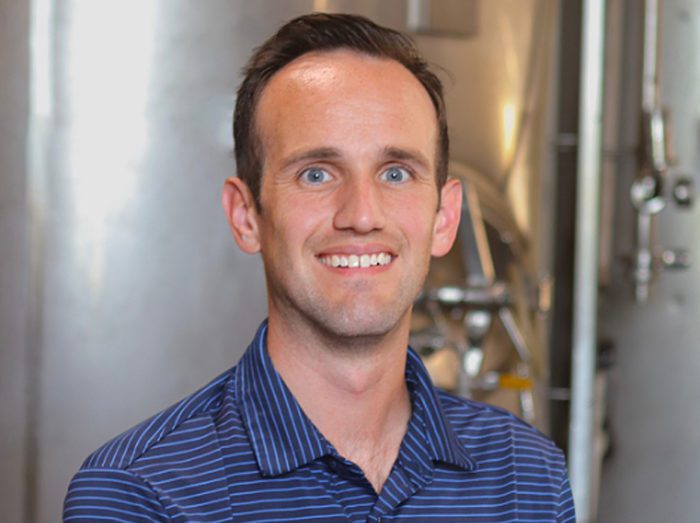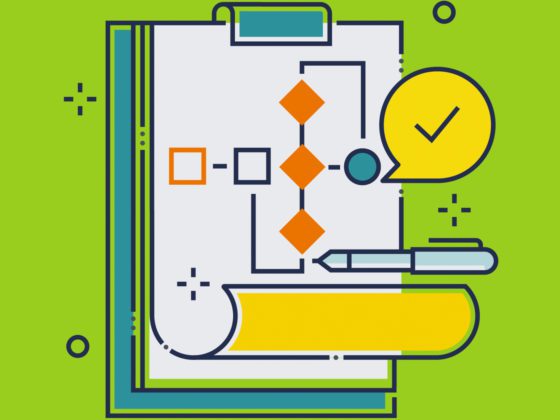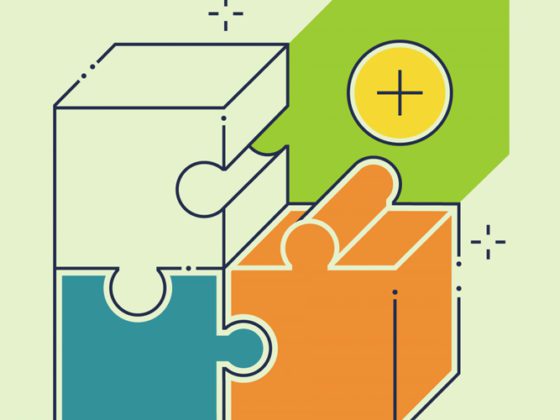Mike Clark is a Senior Automation Manager at S&P Global Market Intelligence, a provider of information services and solutions to global markets. Market Intelligence is a division of S&P Global. Working with and using data effectively is an integral part of his role, which led him to the Strategic Data Analytics for Competitive Advantage program offered by Darden Executive Education & Lifelong Learning (EELL). Clark discussed his program experience and how the program continues to positively impact how he approaches his role today.
Tell us more about your career journey.
I work at S&P Global Market Intelligence as a Senior Automation Manager and have been with the company for 10 years. I manage a team of automation developers that serve internal and external clients helping to develop their automation needs using technology to automate processes that might have been done manually. After graduating from UVA’s McIntire School of Business, I was hired by SNL Financial, which was acquired by McGraw Hill and rebranded to S&P Global about five years ago. I’ve held a few different roles over the last 10 years, transferred to the automation team three years ago and have worked my way up into a manager role.
The learning experience doesn’t end after you earn your college degree. I think that’s something that has been consistent across my journey and why Darden EELL’s programs have been so helpful. I’ve learned a lot of new skills from holding different roles and working with different people. You are constantly learning, and Darden has helped with growing my skill sets.
Why did you choose Darden EELL for your professional development?
I had always heard great things about Darden’s educational experience and had a great experience at McIntire in undergrad. I aspired to get back to in-person learning after everything being virtual throughout the pandemic. I enjoy the energy that comes from being in-person and Darden had a strong reputation.
What career goal or challenge prompted you to take Strategic Data Analytics?
Being a manager of an automation team, my team presents data to me all the time. I wanted to be able to take that data and better understand what to do with it. Additionally, when I’m framing the ask or the problem to my team, I wanted to be able to do so in a way that’s setting them up for success. I was curious not only to aid in my own personal career growth, but also to understand how to frame various problems and challenges from a manager’s perspective.
I also wanted to gain perspective on how other industries are approaching and using data analytics, as well as gain perspective from the professors about how companies are approaching data analytics. I’ve been blessed to be at the same company for 10 years, but I only had experienced how one company approaches and uses data. Getting in the classroom was a quick way to gather new and outside perspectives, which was extremely valuable.
What are some new skills or perspectives that you gained from the program?
There are two takeaways that I come back to in my role frequently. The first is to always ask yourself, “What could change my mind?” Oftentimes we wait for the data to arrive, have our own biases, and then try to interpret the data in a way that confirms our biases. However, if you come in with an assumption or state what you’re believing and then ask yourself, “What could change my mind?” you’re in a better mindset to understand what the data is telling you and combat those biases.
The second takeaway is that large companies, like S&P Global, are committed to investing in innovation. I reflect on this takeaway often as I manage a team and sometimes we feel we don’t have the buy in to take chances on new ideas and the team feels anxious about what will happen with these ideas. I apply that mindset that to be a successful company you have to have the ability and aptitude to take chances and innovate. That’s given me more confidence in my role. I took my learnings back to my team and asked them to hold me accountable for implementing lessons from the program as well.
What was most memorable from your program experience?
The faculty are fantastic! They have so many useful and interesting anecdotes or real-world examples to drive points home. I remember we had a case study on Uber and how they test their products in real time. Then the next day I was ordering an Uber and could see how practical and relevant these case studies were. They’re relevant, useful and can be immediately applied.
I also appreciated how the faculty would flow and adapt the lesson based on the classroom discussion and the background of the students in the room. Everyone is present and participating, and it creates an engaging environment.
Why is lifelong learning important?
I would say that it’s important to invest in ourselves just as much as we invest in our jobs. It can be tough to have a three or four-day time commitment for a program. However, when you take a step back and see how quickly technology and our jobs are changing, it’s important to make that investment in yourself to keep advancing your skills and knowledge.
Learn more about Darden EELL’s Certificate in Leadership & Management and explore upcoming programs.




